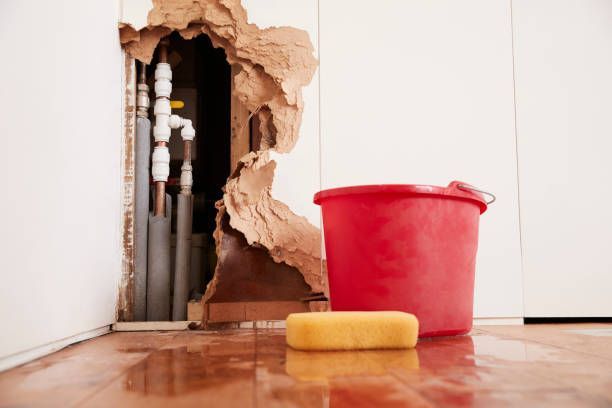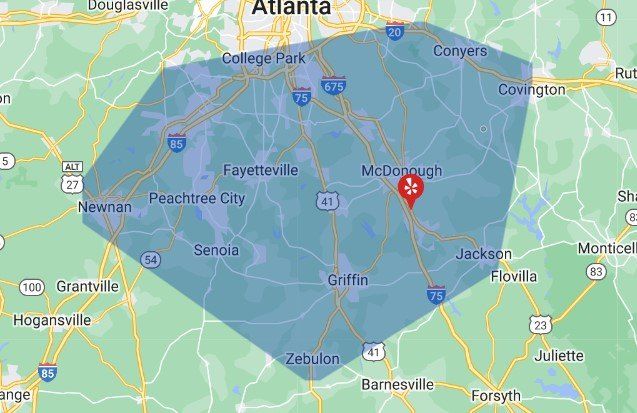6 Things You Can Do to Prevent Plumbing Emergencies

D&S Plumbing and Septic is happy to offer 24/7 emergency plumbing service. But that does not mean we want you to have to call us at 3 a.m.! We'd much rather you do all that you can to prevent plumbing emergencies like late-night burst pipes and overflowing toilets. Here are six steps you can take to reduce your risk of a plumbing emergency.
1. Keep an Eye Out for Little Leaks
Many big, gushing leaks start out as small leaks that go unnoticed. If you keep your eyes peeled for a small leak, you can have it repaired before it leaves gallons of water on your basement floor. Signs of a small leak include:
- Moist areas on your wall, floor, or ceiling
- Spots of mold on a wall, floor, or ceiling
- Unexplained humidity in a certain room
- Running water meter even when you're not using any water in the home
The older your home's pipes, the greater the chances they will develop a leak. However, leaks can occur even in new pipes if they are stressed or poorly installed.
2. Don't Flush Wet Wipes
Many homeowners love the clean feeling they get from using wet wipes, but is that clean feeling worth having your toilet overflow? In spite of being labeled as flushable, wet wipes can lead to major clogs in your sewer line. If you use them, dispose of them in the trash - not down the toilet. The same goes for feminine hygiene products, paper towels, and facial tissue.
3. Keep a Basket in Your Drain
Hair is one of the most common culprits when it comes to clogs. And clogs can be a plumbing emergency if they form in one of your larger sewer pipes, leading to sewage backups and multiple clogged drains. Always keep a plastic or stainless steel mesh basket in your shower drain to trap hair before it goes down the drain. Keep a basket in any sink where you wash pets, too.
4. Don't Put Grease Down the Drain
Grease is another main clogging culprit. It's very often to blame for main sewer line blockages, which keep anything whatsoever from going down your drains. Grease sticks to the inside of your pipe like glue, and it grabs onto any other small particles that come down the drain. Pour cooking grease into a can or cup, let it solidify, and dispose of it in the trash - even if you have a garbage disposal.
5. Don't Hang Things From Your Pipes
It might be tempting to use the pipes in your basement to hang clothes, decorations, or other items. But pipes are not made to support this weight and may crack and spring a leak under the pressure.
6. Know Where Your Water Main Is Located
This last tip won't stop a leak from forming, but it can turn a leak from a terrible plumbing emergency into something that can wait until morning.
Your water main is the valve that controls the flow of water into your home. Locate this valve, and make sure it turns on and off freely. Lubricate it if needed. This way, if you ever do develop a plumbing leak, you can turn off the water supply before you end up with too much flooding and water damage.
If you follow the tips above, you'll greatly decrease your chances of having to call us for emergency service. But if you do still experience a plumbing emergency, don't hesitate to call D&S Plumbing and Septic. We'll come out day or night to diagnose and repair the issue, making your home safe and secure once again.



